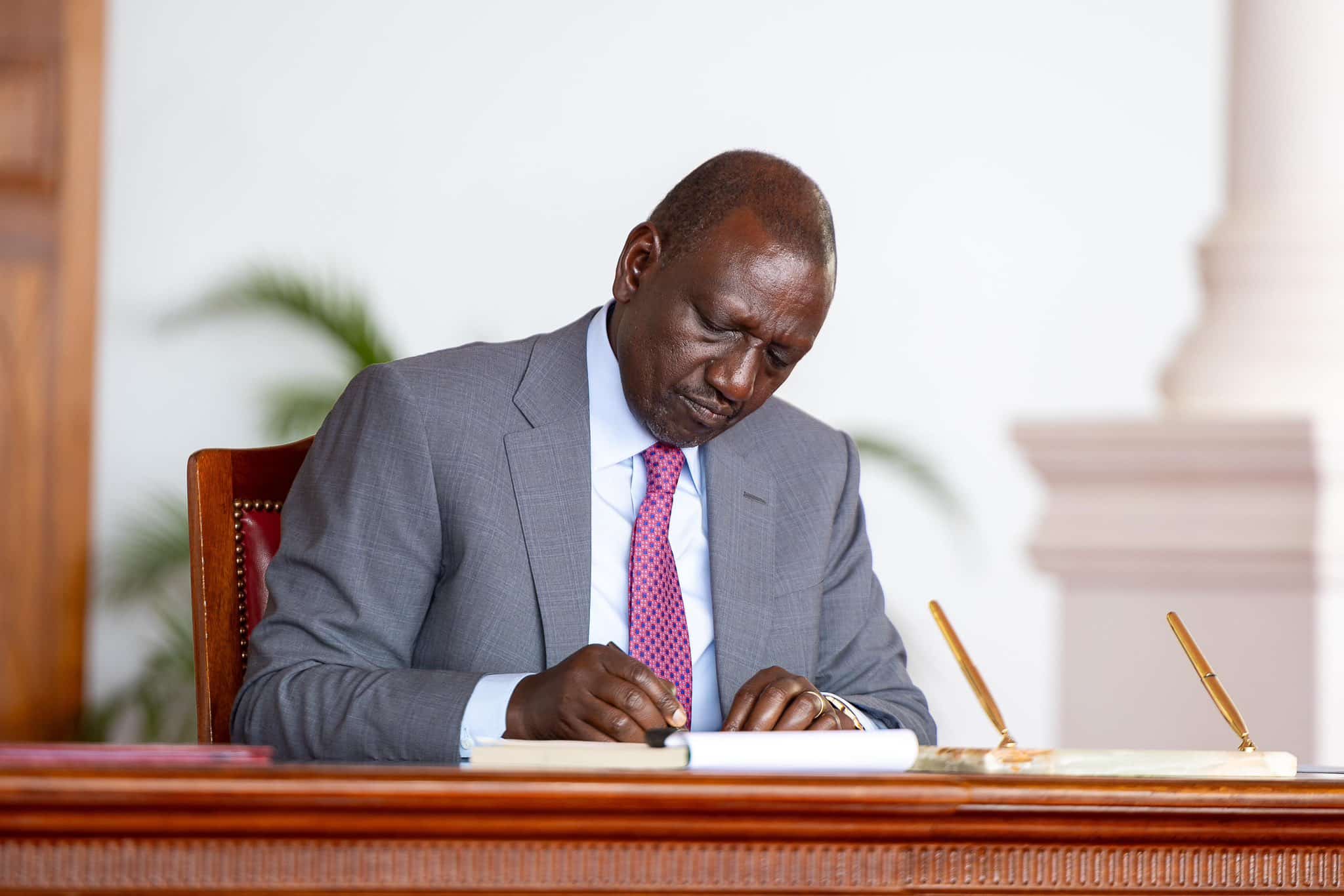A recent audit has revealed significant financial discrepancies and systemic vulnerabilities in Kenya’s E-Citizen platform, raising serious concerns about the management and security of public funds. The Auditor-General’s report reveals that approximately Ksh 44.8 billion collected through the E-Citizen platform cannot be accounted for. Discrepancies among revenue statements, the e-portal system, and ledger balances have cast doubt on the completeness and accuracy of reported receipts.
Specific ministries have reported significant variances. For instance, the Ministry of Lands collected Ksh 7.237 billion but recorded an actual balance of Ksh 7.1 billion, leaving Ksh 137 million unaccounted for.
The audit highlights that the government lacks full control over the E-Citizen system, relying heavily on a private vendor for critical functions. This dependency hampers the Government Digital Payments Unit’s ability to perform essential system configurations and onboard new services. [Business Daily Africa]
Despite the platform’s digital nature, the National Treasury handles reconciliations and settlements manually, introducing risks of human error and delays. These manual processes, conducted only twice weekly, are unsustainable given the transaction volume.
The system lacks an approved IT policy, an ICT steering committee, and essential contingency plans, including a business continuity plan and a secondary backup site. These omissions expose the platform to risks such as revenue leakage, system downtime, and security vulnerabilities.
The Auditor-General reported that the Treasury withheld the consultancy agreement with the E-Citizen platform’s vendor, obstructing efforts to clarify the terms and responsibilities of each party in its management.
These findings highlight the urgent need for the government to gain full control over the E-Citizen platform, implement robust governance frameworks, and ensure the integrity and security of public funds. Without immediate action, the platform’s vulnerabilities could compromise essential government services and erode public trust.





